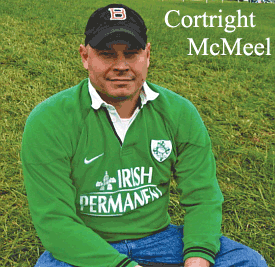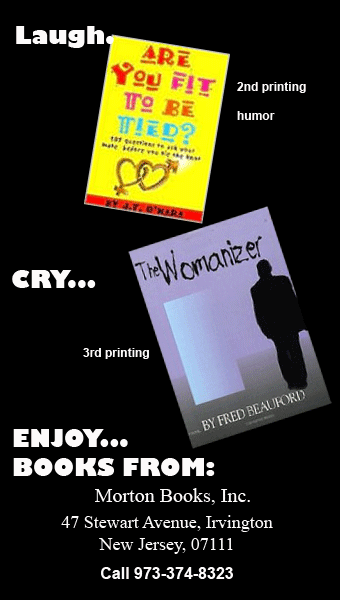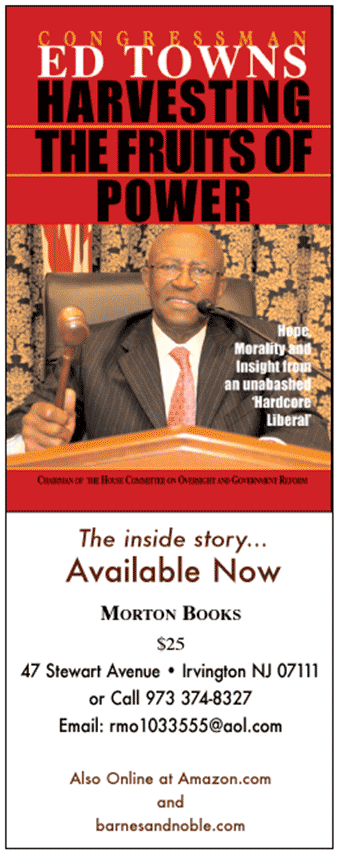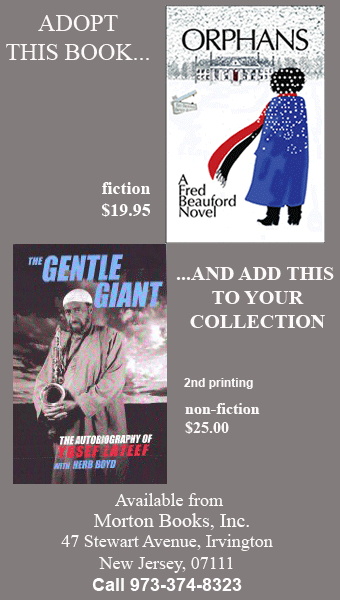REVIEWING
Short
by Cortright McMeel
Thomas Dunne Books; St. Martin's Press | December, 2010 | $24.95
Reviewed by Jill Noel Shreve

Gallagher, whose broad forehead and round, cherubic face made him resemble an overgrown toddler, sat at his desk, sipping a carton of chocolate milk. Andrews looked at his newest acquisition and furrowed his brow. Traders drank coffee, black.” In the opening scene of Cortright McMeel’s first novel, Short, McMeel introduces his audience to several high-powered energy traders at Allied Power, in Boston, including Gallagher, and Andrews. McMeel gives his audience an upfront, first-hand account of the trading floor—the comings and goings of cash, the ruthless behavior of employees, and the artistic strategies these traders must employ.
This novel, set in 2005, traces the lives of traders, brokers and executives—all folks who could use a pile of hundred dollar bills for kindling. McMeel focuses the novel on Gallagher, a new trader, Andrews, a veteran trader, and Jennings, the new head trader—a man everyone refers to as “The Ghost.” As the story unfolds, McMeel turns his audience’s attention to a huge deal coming down the pike and the dilemma Gallagher faces as he understands what’s at stake. He’s faced with the decision of falling in step with the other traders—the ones following The Ghost—or making a different choice, based on his mentor, Andrews’ encouragement. This alone has the tension to keep a reader flipping pages, but McMeel doesn’t stop there. He complicates the story by allowing several subplots to surface throughout the narrative. This technique, in turn, lures the reader in further, causing McMeel’s audience to emotionally invest in the characters on the page.
This is one of McMeel’s strong suits: how he makes these characters come alive. With dialogue and action, his audience will clearly understand the desires and aspirations of all characters involved, along with dialectics that exist in each relationship. McMeel sculpts and rounds out each character with precision and attention. The characters are likeable, even the villains. The only thing I wanted a little less of was the characterization of Daniel Haupt, a trader referred to as “The Colonel” in the novel. It’s clear from the onslaught that The Colonel’s fiendish. McMeel exploits this with dexterity. However, I felt like he pushed the envelope a little far with the use of a sensational sex scene to characterize him. We knew, by that point in the novel that The Colonel only cares about himself, so the scene seemed redundant. Had McMeel chose to leave the scene out, the character would have come off just as selfish—maybe even more so.
Because of the complexities that come with the trading industry, this novel has the potential of scaring off a lot of readers. If a reader’s never participated in the world of markets, brokers and trading, the reader may feel ostracized by the seemingly elaborate infrastructure. But McMeel makes the industry accessible to his audience through his concern for syntax and linear, forthright explanations.
And the reader won’t get bogged down in these explanations because McMeel reveals these inner-workings with patience and subtly. He peels back the wall of the trading floor without making a peep, allowing the characters to speak and act out this process of trading. McMeel makes the trading-game clear, articulating the risks and benefits. The reader will understand that the people involved in this game can lose or gain tens of millions of dollars in a single day and more specifically how this gain/loss cycle occurs. And this serves as an enticing backdrop for the novel, creating tension and causing readers to keep asking, “And then what happens?”
Against this elaborate backdrop, you’ll notice McMeel tackles several issues: loyalty to one side or the other, a need to be recognized, a desire for security. But one of the most interesting parts of the novel is how McMeel underscores the human condition of greed. This issue of the desperate need to have everything. And not only to have everything, but to consume everything in its entirety. McMeel shows us how all the characters in the novel consume something: money, alcohol, food, women, men, knowledge.
In tandem with this, McMeel illustrates the consequences of that greed, namely that one cannot have what s/he wants without sacrifice. In order for the people in the novel to get what they want, they have to sacrifice something: their dignity, honesty, respect, relationships, appearance, and reputation. Through the subtext of the plot McMeel does an incredible job of exploiting this human condition of greed and how that requires sacrifice.
Because of the characters, because of the plot line, because of the overall message of the book, I recommend this novel. When you finish the last page, you won’t just put the book on the shelf and stop thinking about it. You’ll ponder Gallagher’s choices. You’ll think about the outcome of Allied Power. You’ll wrinkle your nose and cock your head at the thought of men and women making (or losing) ten million dollars in a day. So, grab a copy in your local bookstore this December and find out whether Joe Gallagher and the rest of the high-powered energy traders get long or “Short.”
Jill Noel Shreve teaches Creative Writing at Hunter College in New York City. You can read more about her at www.jillnoelshreve.com.






